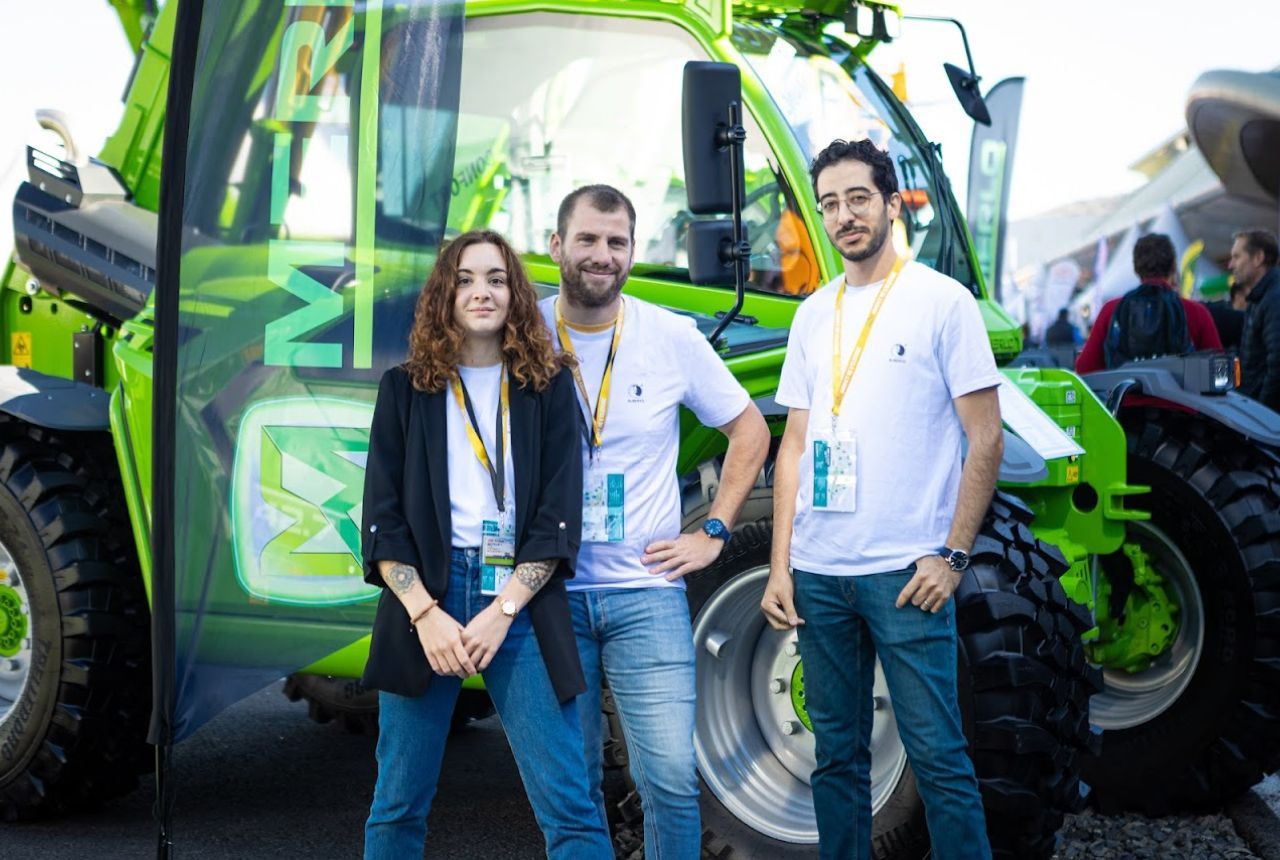Cans, drums and empty bags, mechanical fluids, protective clothing, scrap metal, nets, twine, plastic film... agricultural businesses are no exception, producing a great deal of waste on a daily basis, whatever their sector of activity - vineyards, field crops or livestock. The list goes on: rubble, tires, irrigation sheaths, veterinary waste, big bags...
On the French farm as a whole, volumes are very high, but the quantities present on farms and the nature of the waste vary greatly. As a result, the collection and recycling effort relies not only on the willingness and good organization of each farmer, but also on the emergence of specialized waste management channels.
Good news for the farming community: France is a forerunner in this field, with an industry (entrusted to the eco-organization Adivalor) that today mobilizes 300,000 farmers, 1,300 distributors and 350 manufacturers throughout the country. Over 76,000 tonnes of used packaging and plastics are collected from 7,000 sites. These figures show that there are practical, concrete and viable solutions that can motivate waste sorting on every farm.
Which is forbidden!
Current regulations stipulate that all farmers must sort their waste and ensure that its disposal does not harm the environment or human health. Logically, therefore, unauthorized dumping and burial are prohibited, as is open-air incineration. It is also impossible to use the household waste circuit.
Farmers must go to specialized sites (for hazardous waste) or use approved collection service providers. In this case, they remain responsible for the waste until it reaches its final destination. Only by using an eco-organization as a collector can responsibility be transferred at the time of collection (although proof of delivery must be kept for three years).
Engine failure?
The platform for diesel engine replacement solutions for agricultural, construction and industrial machinery.

Most agricultural waste is recycled
Today, farmers can sort, clean and entrust to theAdivalor eco-organization the following types of waste:
- Plastic cans ;
- Plastic bags, boxes and caps ;
- Irrigation jackets ;
- Paper bags ;
- Veterinary waste ;
- Plastic film, twine, netting ;
- Used tires (specific collection).
This effort is not in vain, as almost 90% of the plastic waste collected is recycled into tubes, sheaths, irrigation fittings, eco-designed twines, construction elements, street furniture... The progress dynamic is clear .
A few months ago, animal nutrition packaging was included in the scope of collection. In the case of tires used on silos, a decree* is set to relieve farmers of the financial contribution required (150 euros/t). This will undoubtedly enable us to exceed the 15,000 tonnes collected annually.










